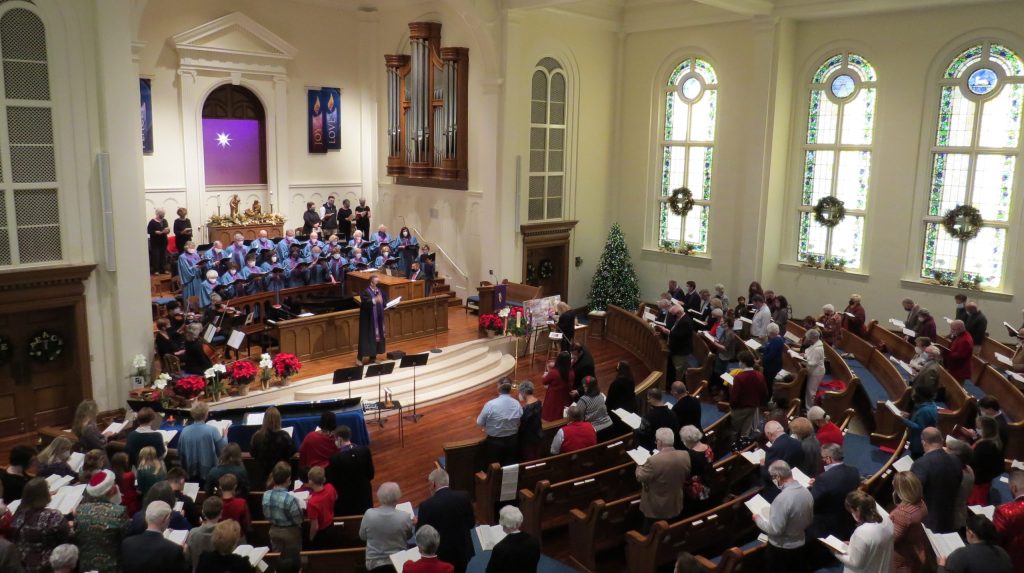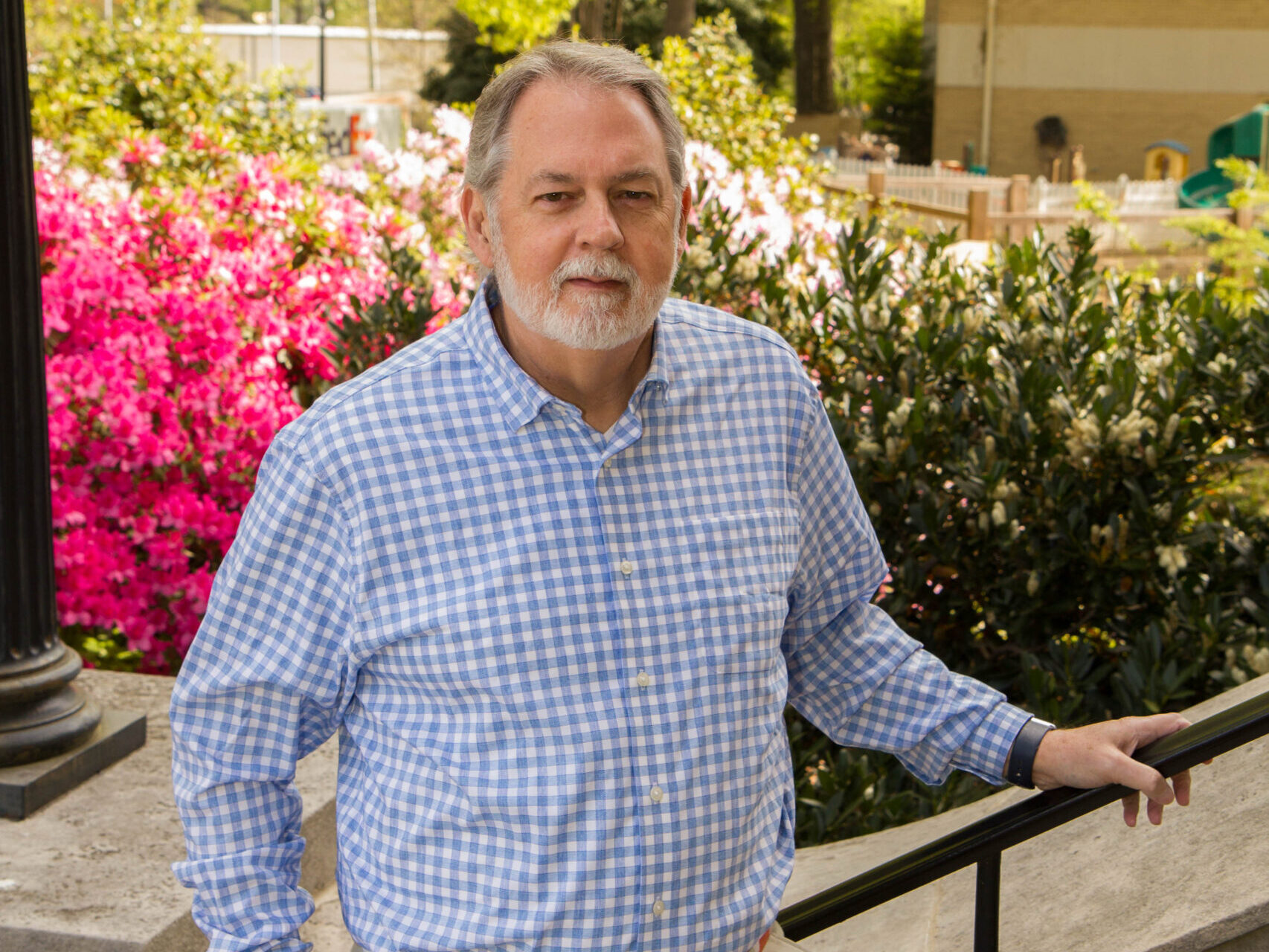“We do now solemnly and joyfully covenant with each other …”
-St. John’s Baptist Church Covenant
In 1922, a group of Baptists in Charlotte decided to respond to the movement of progressive social action that was stirring throughout the nation. They had raised the requisite funds, acquired the land at Hawthorne Lane and Fifth Street, and erected the building within which to worship. However, even with all of this, they were not finished. They needed a mission statement – something that would set their course and define the purpose for which this Church was established.
They desired that each member and guest, as well as others, would know they were walking in lockstep with the God they worshiped, that they would care for one another, assemble together, be responsible to and for each other, avoid worldly temptations, contribute to the Church from their assets and income and, in all things, to do God’s will as they lived their lives.
Therefore, St. John’s was birthed as “a servant church” and its members were intentional about writing language into what became the St. John’s Covenant, which enabled cooperation and collaboration through ecumenism and inclusiveness.
The St. John’s Covenant was written in March 1922 to address areas of their belief and concerns. They contracted to walk with God, in brotherly love, as well as admonish each other as the occasion required. They agreed to publicly worship together and to place God at the center of their respective family lives. They believed if they exercised these attributes that others would want to share their joy in Christian living. They further agreed to generously and joyfully give of their resources to the Church. Finally, they committed themselves to service to others, especially the poor.
This covenant carried the Christian believers known as St. John’s Baptist Church for fifty-one years. It was a solid commitment that survived a national economic depression, a world war, two foreign wars, and the growth of the largest city in the Carolinas. In June 1973, the Congregation decided the 1922 covenant needed an upgrade. By then, the language of the original covenant seemed too dated for a more modern world.
There were newer principles that needed to be included and the vernacular language of 1922 no longer was applicable. Jesus Christ as the son of God needed inclusion, personal Christian growth, and the concept of grace emphasized. More importantly the covenant not only needed to be made with each member, but that the covenant was a commitment to God as well. The revised covenant retained many of the principles of the 1922 covenant but extended the service to all others in need and not just the poor, and stressed that while differences between each other might occur, nothing would separate members from each other and the love of God. The revised covenant required the members to recognize that every person has value in the eyes of God.
Through the decades, whenever fundamentalism has sought to force Baptist congregations into uniformity of belief and practice, St. John’s has relied on these founding principles of the St. John’s Covenant. Still today, we are a servant church, committed to God as disciples of Jesus Christ. In these days of post-denominationalism, we continue our quest to be Christ’s Church, incarnating Christ’s mission of service through principles that are rooted in the Baptist soil of freedom: freedoms expressed as soul competence, congregational autonomy, religious freedom for all, and separation of church and state.
“Our differences will not separate us but rather increase our understanding and strengthen the bonds of Christian love.”
-St. John’s Baptist Church Covenant
















